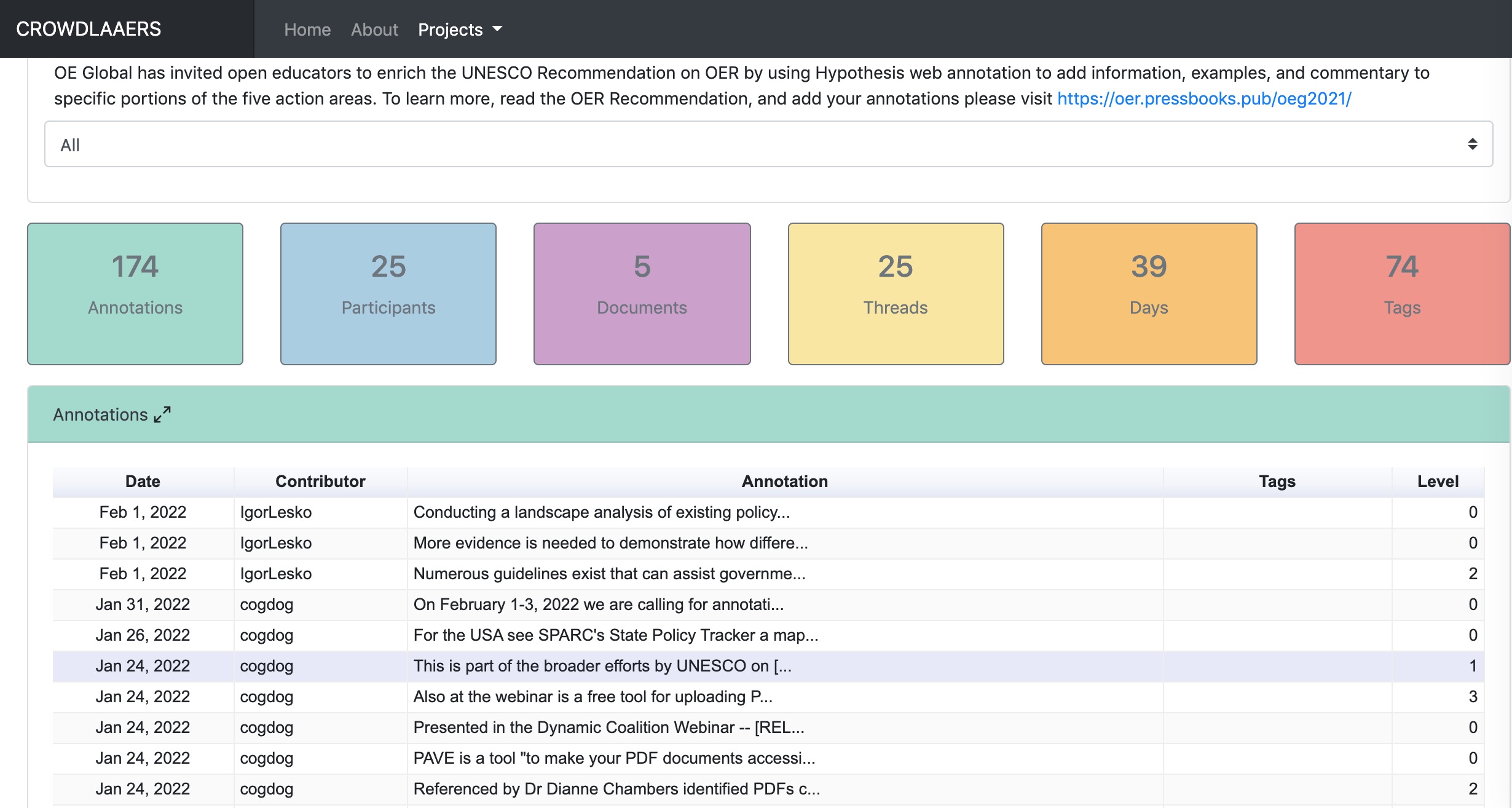We are off and running… or “noting” for this second Three Day of Focus on an OER Recommendation Action Area.
This is the place to reply and maybe pose questions about the concept of Developing Supportive Policy- how did that come to be an action area? In your own work what kinds of policy exist that affect your open education work? What makes it supportive?
We have heard feedback that the general and broad language of the Recommendation is a challenge to work with. But that’s why breaking it down to words, phrases, and attaching notes is aimed at doing-- to dissect the words, maybe rather than to answer the Recommendation to critically interrogate them.
Mostly we hope to gain perspectives from different geographic regions, sectors on this action area.
So if there are any questions, comments, criticisms, suggestions, the platform is here to pose it.
If you are looking for a where to start, look at the specific items under this action area where we provide possible locations to add notes and prompt questions. Each “grain” includes a direct link that opens the Recommendation to the exact location of a sub-item for Developing Supportive Policy, with the annotation layer open.
We hope to light up the Crowd Layers summary for this round of annotations- before today, we stood at 171 total annotations (my colleague @igorlesko got three notes in before I grabbed a screenshot) (Go Igor, Go!)
